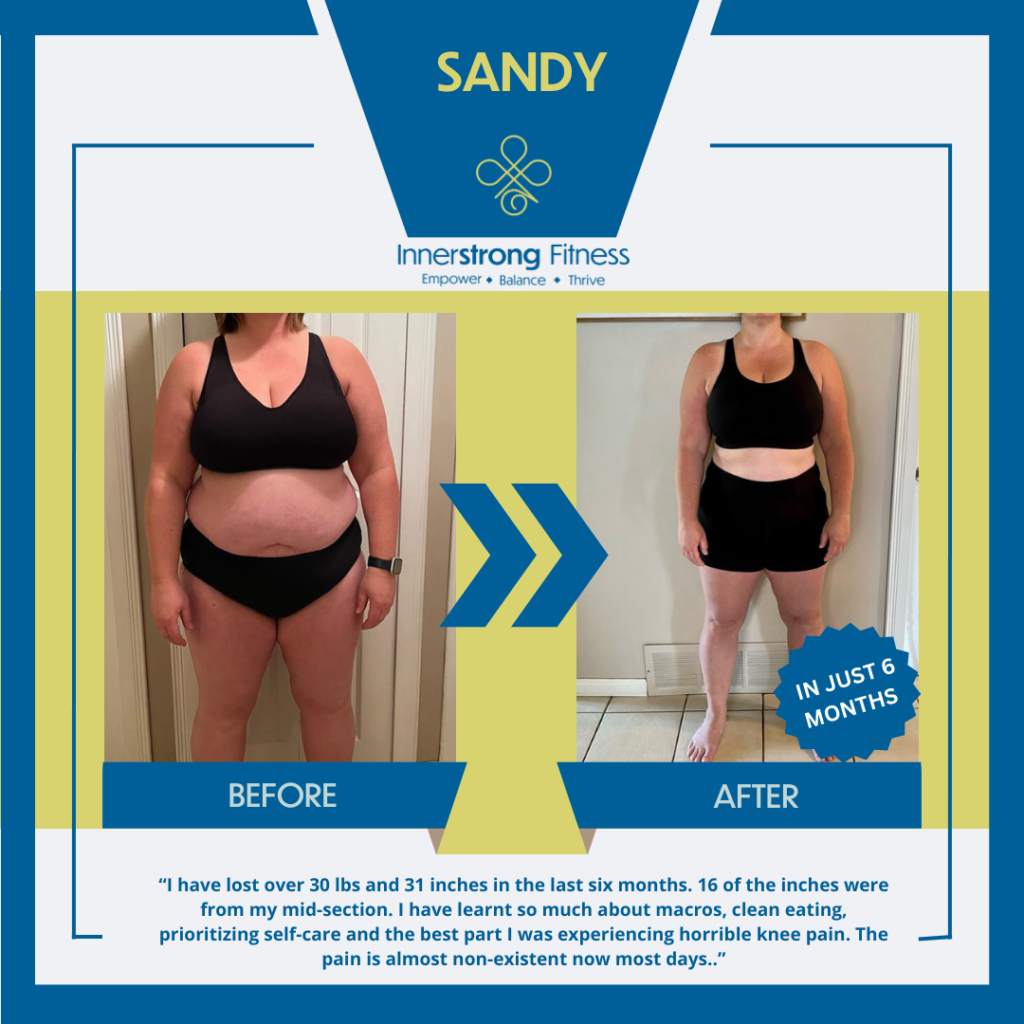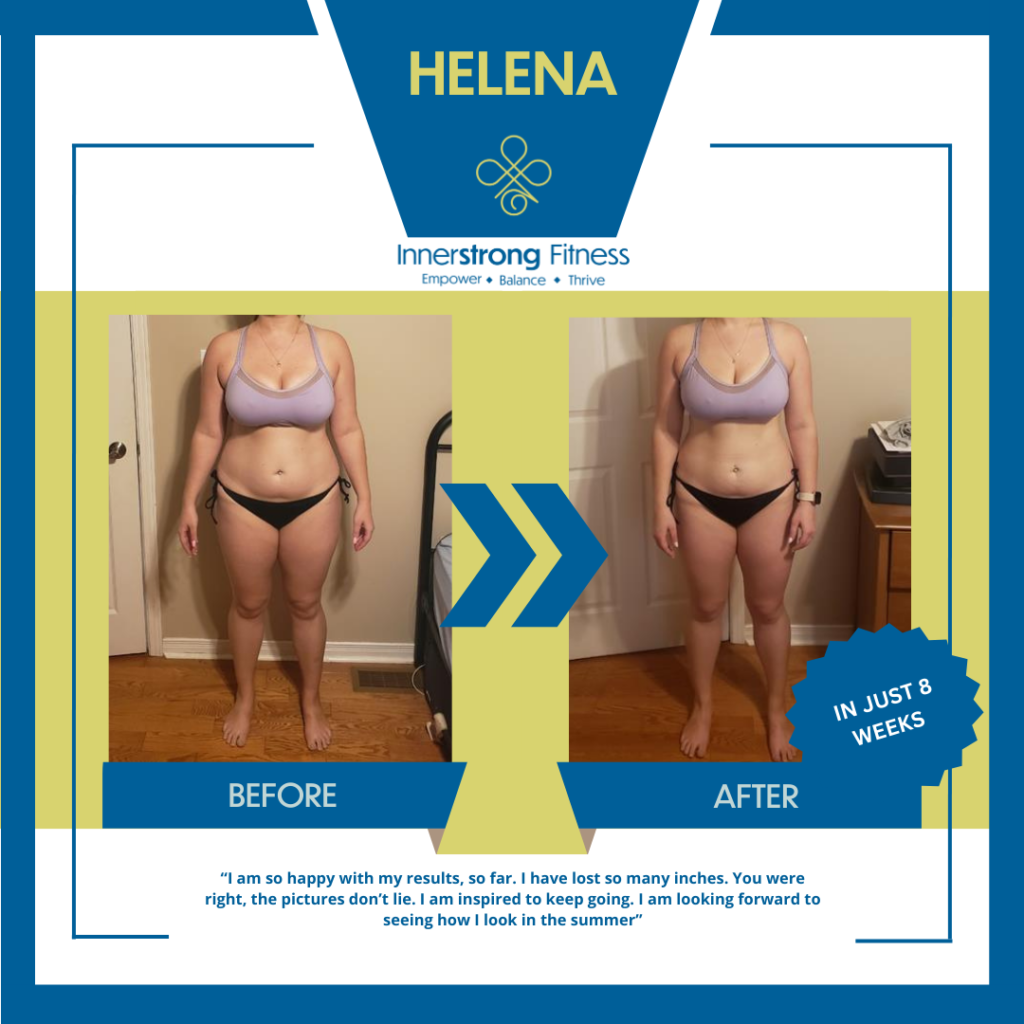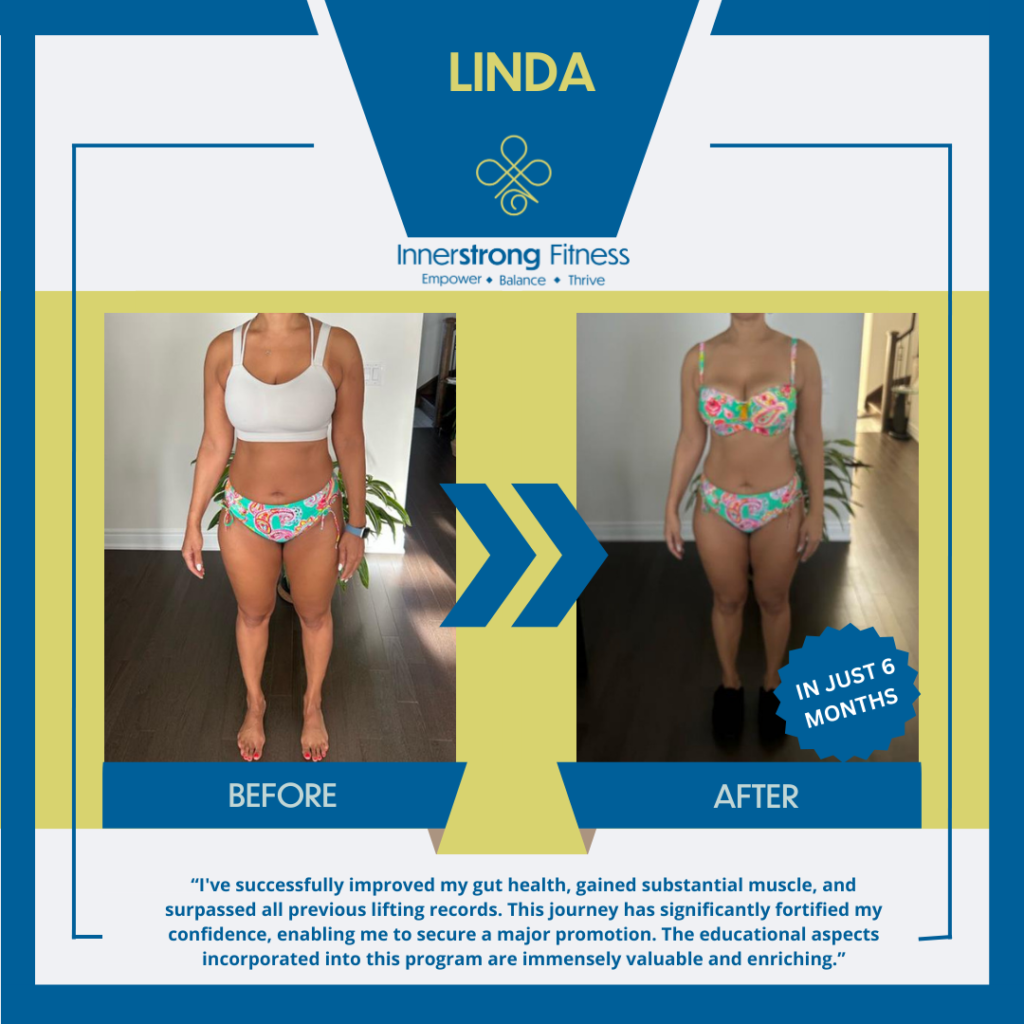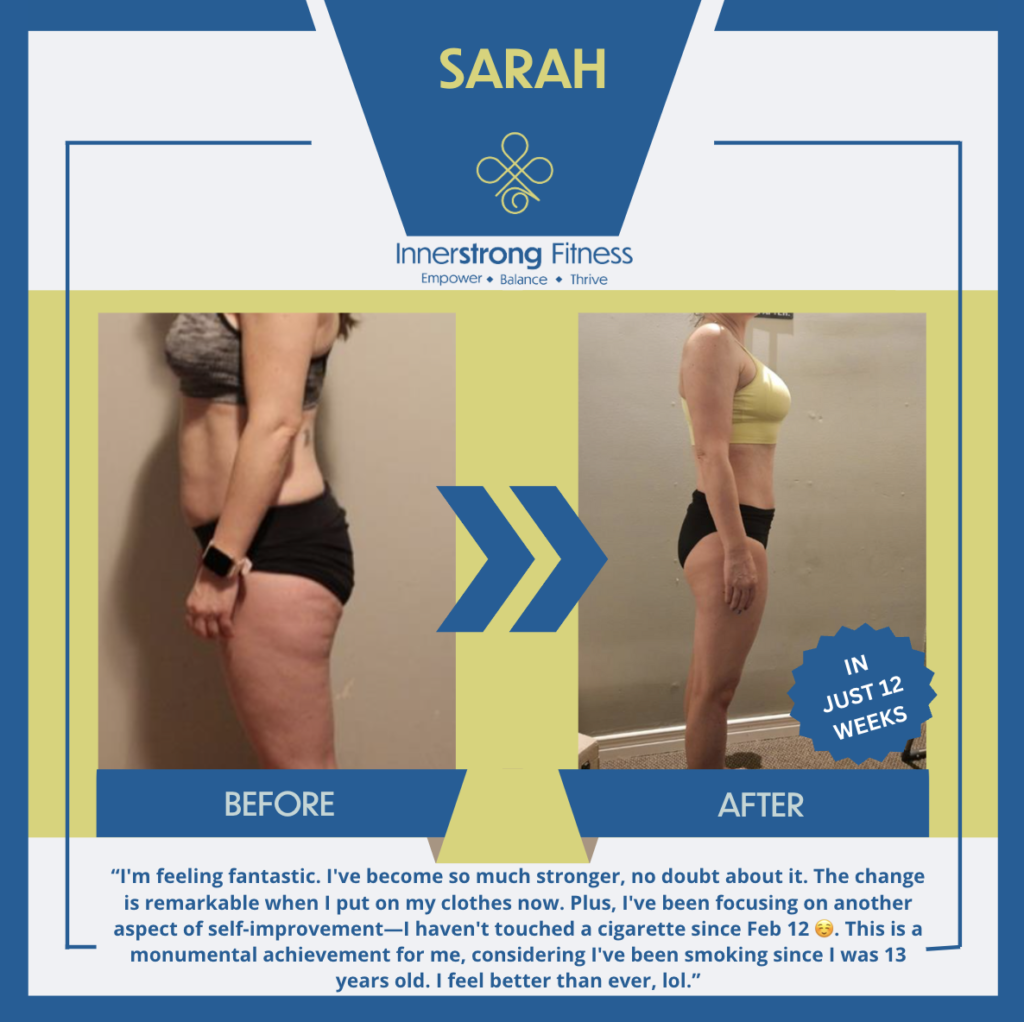Have you ever looked back on something in your life, only to ask yourself; “why did I do that?” or “wow, that was a stupid decision”. Well, this emotion you are feeling is called regret.
It’s a natural human emotion felt universally, yet it’s something that very few people actually deal with in a healthy way or more importantly, use to their advantage to better themselves.
It’s undoubtedly one of the more painful emotions in life, forcing you to reflect on something that you’re likely already trying to forget, bringing up several unpleasant feelings in the process.
Although, as opposed to the age-old adage of ‘living life with no regrets’, what if we instead chose to embrace them?
Rather than avoiding looking back on painful moments because of how they make us feel, or going to great lengths to avoid doing something that we could regret later on in life.
Why not take life by the horns and use this emotion to better our current (or future) situation?
The truth is that dwelling on your past does nothing to enhance your current or future perspective, which is why learning how to deal with regret is such an important tool in life.
What are some of the most common regrets in life?
Every single person on earth has experienced significant regret at some point in their life, although, the majority of us tend to regret particular moments or relationships from our past.
Like regretting accepting (or not accepting) a certain job, chasing after (or not chasing after) a certain individual, or taking action (or not taking action) towards a particular situation.
It’s something that many psychologists have theorized about for centuries, attempting to answer the question of why we regret in life and what areas of our life lead us to regret the most.
However, author Daniel H. Pink noted in his book titled The Power of Regret: How Looking Backward Moves Us Forward how there are various types of regrets that impact our daily lives.
Placing each into four distinct groups;
- Boldness regrets – Not taking chances, or not taking advantage of certain opportunities (i.e., jobs, education, relationships, etc.). Many people regret not leaving their dead-end job or not chasing after their dreams due to fear of the unknown or lack of stability.
- Connection regrets – Not staying connected with people who used to be in your life, such as old friends, family, or co-workers. Often times we regret not reaching out when we perhaps should of, and overthink how these connections might seem ‘awkward’ now that so much time has passed. Only to miss out when it’s too late to reach out.
- Foundation regrets – Not laying the proper foundation for success later in life. This could be in relation to education, career, or even personal health and relationships. Basically, just not taking the time to set yourself up for future success and long-term happiness.
- Moral regrets – Not doing the right thing when you could have or maybe should have. Most of the time this happens after we’ve been bystanders to an awful event that took place in our childhoods. Or simply stood by and unethically allowed a situation to occur when we could have (or should have) stepped in.
How do we cope with regret, and use it to better our lives?
The example above only accounts for a handful of situations that can lead to regret, but there’s no question it’s something that every single person has experienced at some point in their life.
So, the next question is how do we cope with regret and use it to improve our life.
While there are various techniques one can use to cope with regret, these are the three best things you can do to actually deal with the emotion and use it to your advantage;
Acknowledge how you feel
The first step in just about any mental health practice is taking the time to truly understand and acknowledge how you feel and why you feel that way.
Don’t be harsh with yourself, but rather be patient and honest.
Allow yourself to be vulnerable, and let your emotions flow to truly understand how you feel on a deeper level.
Ask yourself questions like; “How does excessive regret make me feel?”, “How do I react to it?”, “Could I have done anything differently at the time?”, “Was anybody else responsible for these mistakes?”, and “Is there anything I can do about the situation now?”
Once you are able to pinpoint how you feel, you can then work towards figuring out why you feel that way and discovering methods to assist you on your journey of coping with these feelings.
Lead with kindness
The only way you can ever hope to reflect on anything in a healthy way is if you lead with kindness, and empathize with yourself above all else.
It’s so easy to reflect on things you regret in life with utter disdain and hate for who you were or what you did, but this is guaranteed to get you nowhere.
Just because you made a poor choice at one point in your life doesn’t mean that you are the same person now or doomed to repeat the same mistakes later on.
It’s important to figure out how you can learn from your failures so that they won’t happen again. But in order to do that, you need to look at yourself (and the situation) in a positive light to enact real change.
Obsessing over the situation and looking down on yourself will never allow you to grow into a better person. If anything, it will only hold you back from wanting to actually make a positive impact, or even feeling like you can.
Form new goals (and stick to them!)
Part of the reason why you feel regret is because of a certain action or inaction, so, the best way to avoid this moving forward is by setting realistic goals for yourself.
First and foremost, ask yourself if there is anything you can do now to rectify the situation from the past.
If the answer is yes, then make the change, but if the answer is no, then think about how you should have responded and set goals for how you are going to respond in the future when (or if) situations like these arise again.
Most importantly, when you do learn from your mistakes and see yourself tackling these situations in a different (more positive) fashion. Celebrate!
You should always lead with positive reinforcement and celebrate your wins more than you dwell on your losses. This is the best way to turn your regrets into future successes.
One of the most profound quotes ever made and one of my personal favourites in relation to self-love was that of the best-selling author of The Alchemist, Paulo Coelho. Who once said;
“You are your own best friend. Never put yourself down.”











